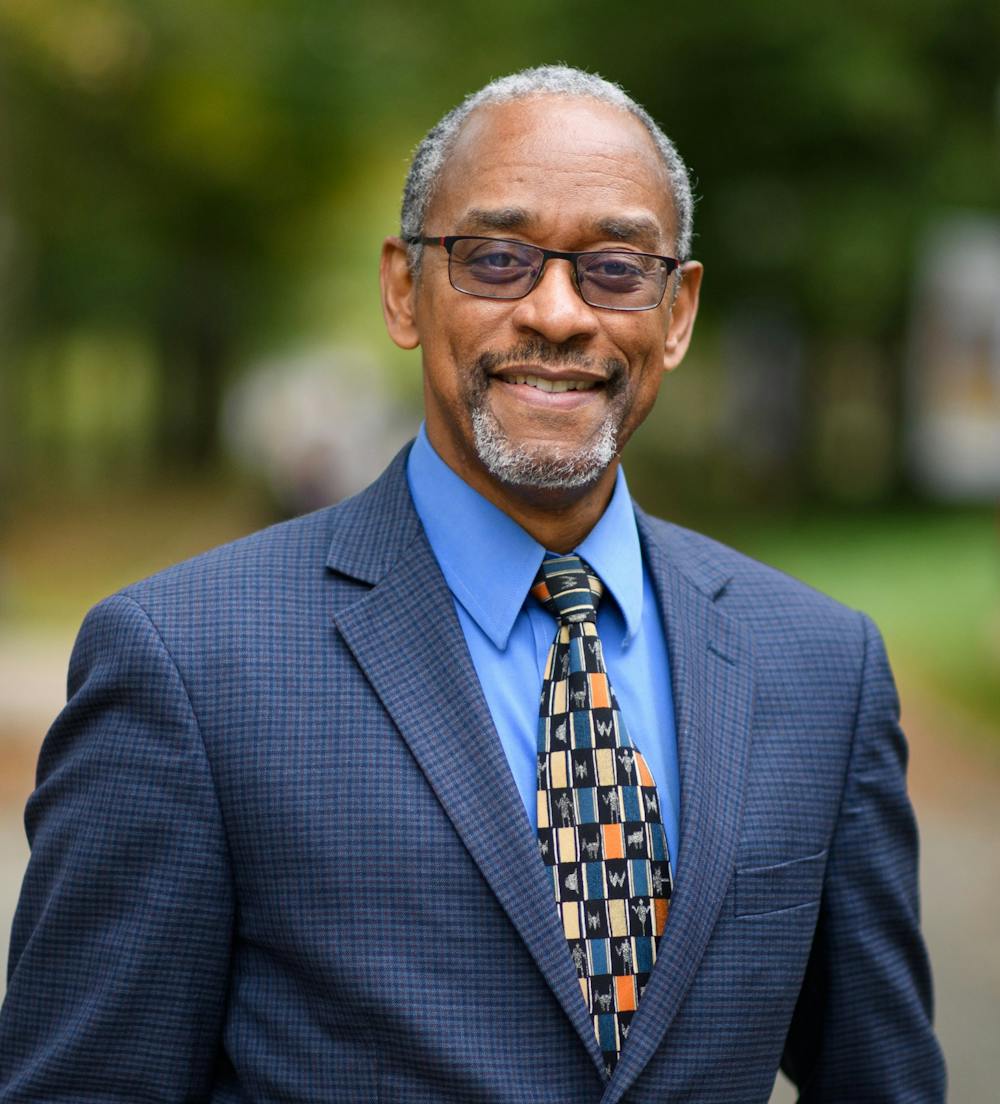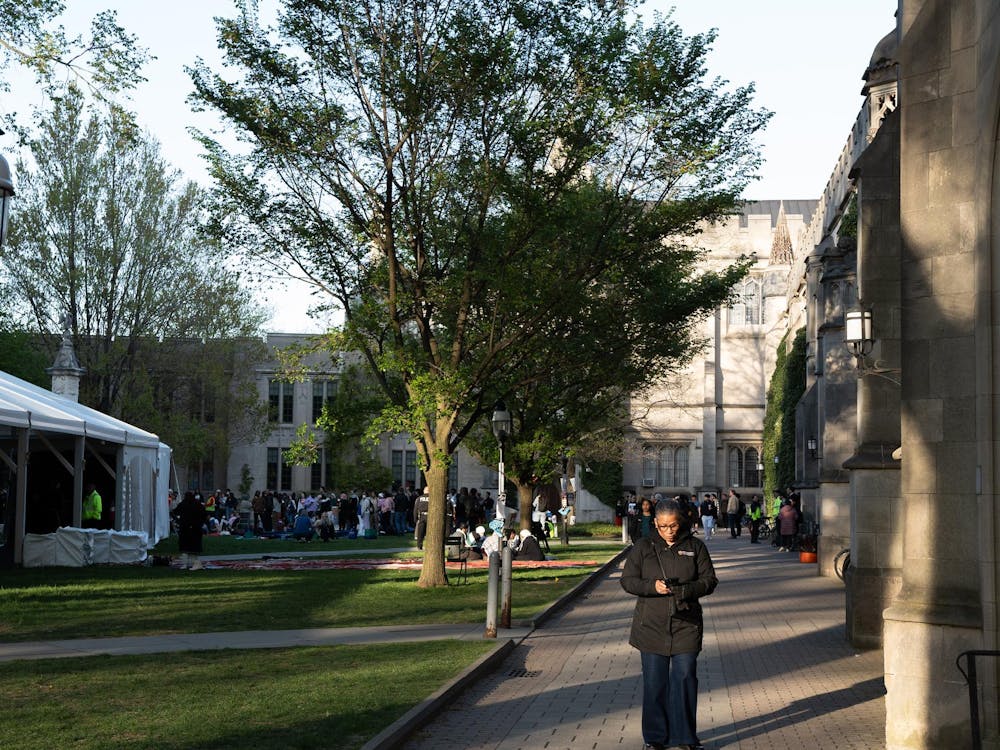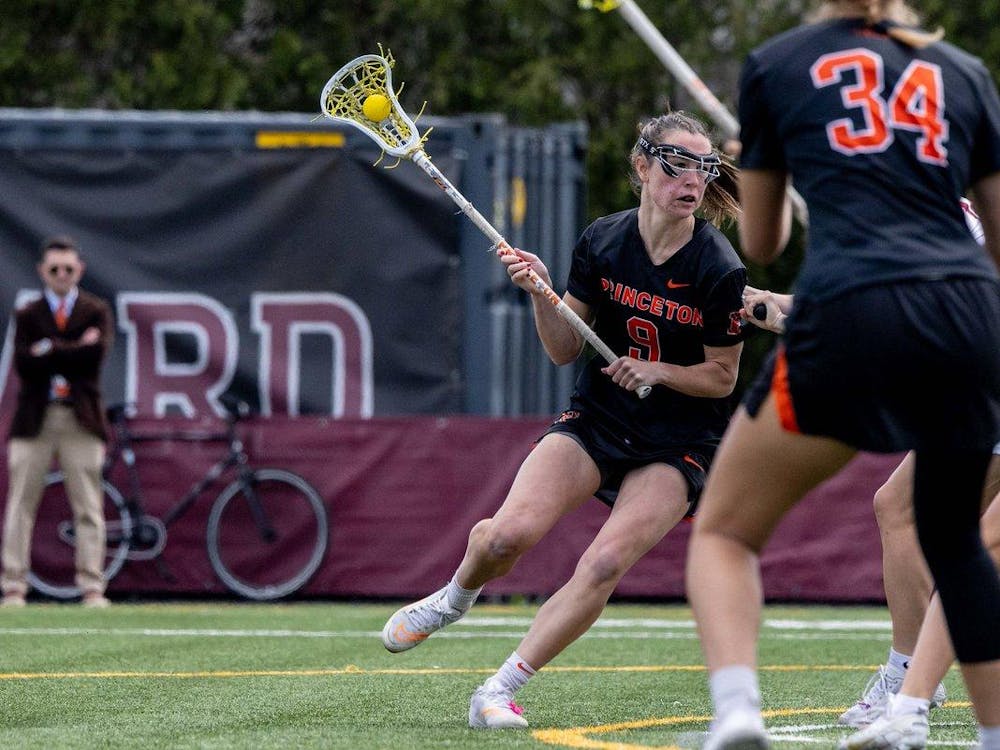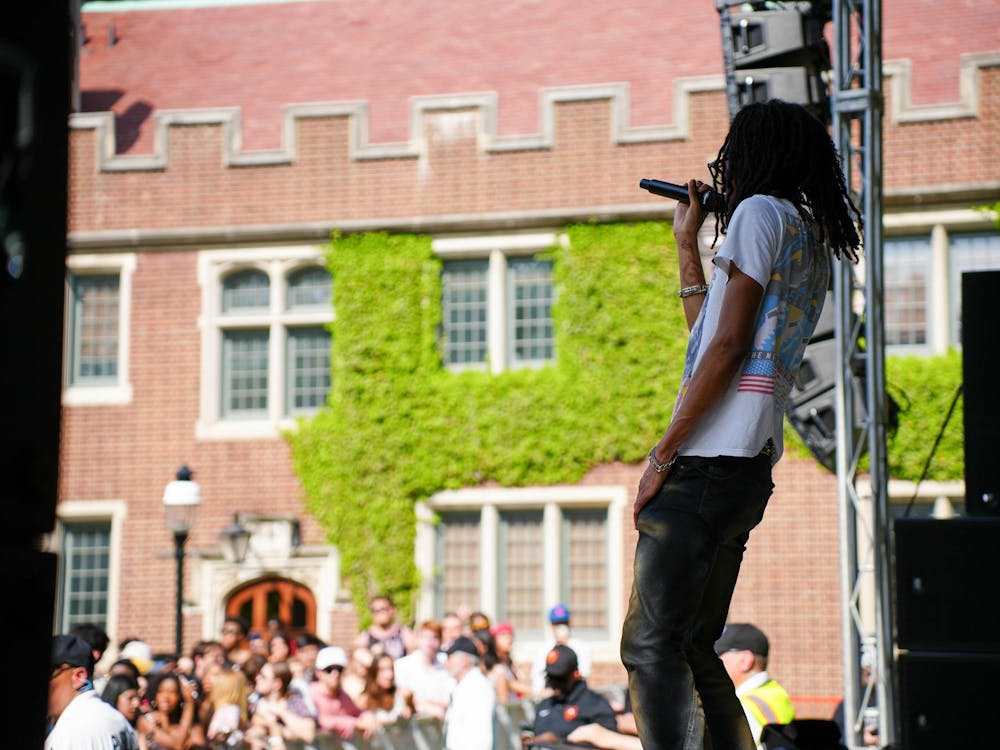History and School of Public and International Affairs professor Keith Wailoo was named a winner of the 2021 Dan David Prize for his work centered in the history of medicine and health — work that may inform how we understand the effects of the COVID-19 pandemic on the world.
According to its website, the Dan David Prize “recognizes and encourages innovative and interdisciplinary research that cuts across traditional boundaries and paradigms.” Individuals or institutions are selected based on their contributions to humanity in the sciences, arts, humanities, public service, and business.
Wailoo will share the $1 million prize with Alison Bashford of the University of South Wales and Katharine Park of Harvard University, courtesy of the Dan David Foundation. Laureates donate 10 percent of their prize winnings to postgraduate students in their own fields in order to advance scholarship.
The award is always split into three categories: past, present, and future. The specific fields that are recognized change every year to highlight current problems in the world. This year’s “future” category honored winners for their impact on Molecular Medicine. The “present” category was in Public Health and honored Dr. Anthony Fauci for his work in combatting COVID-19. Wailoo was recognized in the “past” category.
“I am incredibly honored to be a Dan David Prize laureate for my historical scholarship on health and medicine,” Wailoo wrote in an email to The Daily Princetonian. “I’m grateful beyond words to be celebrated among this magnificent group of laureates.”
Wailoo was specifically recognized for his historical scholarship centered in race, science, and health equity and the links between social structures and disease. Wailoo has served on health policy committees and actively discusses health equity using a historical lens to guide his work.
“My work has always straddled history and contemporary public policy, which is reflected in my appointment in both History and the School of Public and International Affairs,” he continued.
“I do research on the history of how societies in the past grappled with illness and disease, and how that history can inform, enrich, and guide current approaches to improving health and society,” Wailoo wrote.
“My work [pays] particular attention to issues of race, ethnic identity, and inequality in medicine and health care on topics ranging from sickle cell disease to chronic pain,” Wailoo continued. “I also conduct research and write on the history of drugs such as the use and misuse of opioids, and drug policy more generally in the U.S.”
Wailoo’s work as a historian of medicine and health has risen to even greater importance amid the COVID-19 pandemic. According to Wailoo, the pandemic highlights what historians of medicine have long been focused on.
“COVID-19 has reinforced much of what historians of medicine have long known about the epidemiology of disease, masks, the politics of pandemics, and social responses to epidemics, not to mention the inequalities that pandemics reveal and accentuate,” he wrote.
The COVID-19 pandemic has become a great source of inspiration for Wailoo’s future scholarship.

“Living through COVID-19 has deepened my appreciation for the different ways people coped with pandemic crises in the past — cholera, yellow fever, polio, AIDS, and so on,” he wrote. “I have also initiated a new project studying the impact, legacy, and aftermath of pandemics — that is, their legacy for government, social life, health care, and the body politic.”
Wailoo currently has multiple book projects in the works, some focused on the history of addiction in the United States and others focused on the country’s history of pandemics.
Though he was always interested in understanding the links between science and history, Wailoo’s journey to becoming a historian of medicine was not direct. While an undergraduate at Yale in the 1980s, Wailoo studied chemical engineering but was interested in how science interacted with society.
After working as a science writer for three years following his graduation from Yale, Wailoo completed a Ph.D. in History and the Sociology of Science at the University of Pennsylvania.
“It was there that I began to study the history of medicine as one of the sites where scientific technological innovation intersects with politics, economics, and culture, with vital implications for society,” he wrote.
Many of Wailoo’s scholarship interests serve as inspiration for his courses at the University, which he highlighted in his email.
“I deal with many of these themes — race, ethnicity, disease, drugs, and society — in an undergraduate course Race, Drugs, and Drug Policy in America,” he wrote.
Wailoo currently sits as President of the American Association for the History of Medicine. He is the former Chair of the Department of History and former Vice Dean of the School of Public and International Affairs.
The winners of the Dan David Prize will be honored at the 2021 Dan David Prize Ceremony, which will be held virtually in May.









